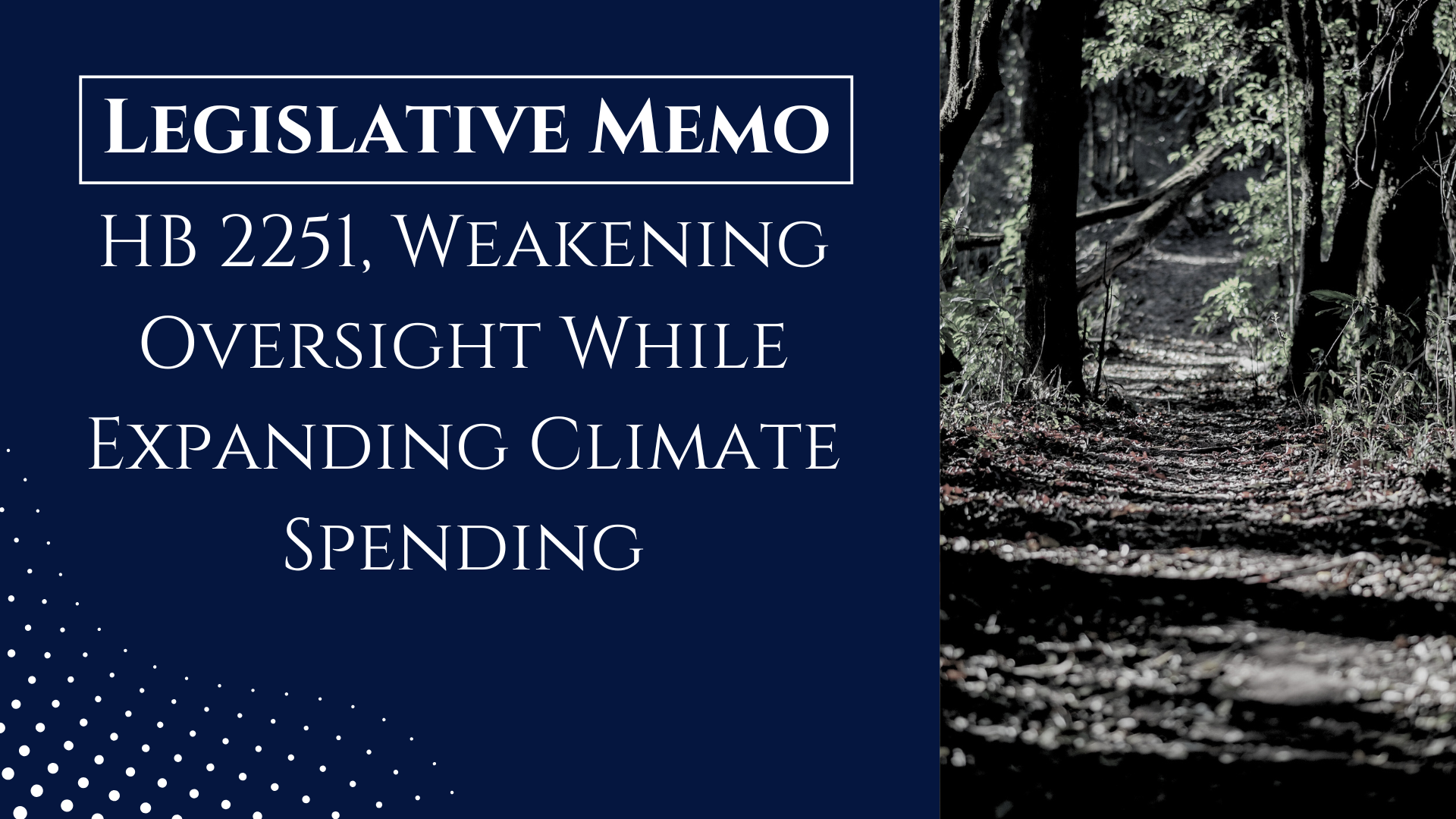Actor Leonardo DiCaprio, a spokesperson for Earth Day 2000 (on April 22), has bought into environmental alarmism. "The Earth is heating up and everyone's future is at risk," he exclaims, "Please join us [this Earth Day] in sending a strong message to our governments that now is the time for action to prevent violent changes in our climate." Mr. DiCaprio's sentiments reflect the environmental establishment's austere view. To DiCaprio, mankind is the problem, the cause of the environmental "crisis." He ignores the fact that mankind is also a problem solver -- and a pretty good one too.
History proves that mankind is more a 'problem solver' than a problem. Humanity has dramatically improved its diet, mobility, health and overall quality of life. In America and much of the world, people live longer, work less and have more time to enjoy their lives. Moreover, our increased time and resources have allowed (and encouraged) us to better appreciate, protect and improve the environment.
Population and economic growth mean that more people are able to resolve a broader range of environmental problems beyond their own health and welfare. A wealthy economy makes for a healthy environment, and technological innovations make it possible for us to address more environmental issues. A wealthier world is a cleaner, safer, healthier and fairer world.
Those who see man, wealth and technology as environmental 'problems' suffer from the 'Terrible Toos.' They believe there are 'too many' of us, we consume 'too much' and we allow 'too many' innovations. They see more to fear than revere in biotechnology, the expanded use of energy, suburban development and global trade.
To these alarmists, our current lifestyle is creating an environmental 'crisis.' We are depleting natural resources, causing global warming and destroying the natural environment. The American lifestyle, they warn, is unsustainable; allowed to continue, it will lead to global destruction. Their solution to the earth's gloomy prospect? They want massive government intervention to control people's lives by slowing and directing economic and technological change.
Unfortunately for the proponents of the eco-disaster theory, environmental quality continues to improve along with affluence and population. For instance, the Competitive Enterprise Institute's Earth Report 2000 says, "Today, almost twice as many people are fed per acre of cropland as were fed about [100 years] ago." Truly, mankind is a problem solver. Moreover, our problems are best solved when people are free to use their intellect to discover new ways to address old problems. That process allows us to use more resources and build better lives, while decreasing our stress on the planet.
This Earth Day, policymakers should pause and reflect on this point before pushing for more government controls on resource use, economic activity and technology. Such controls are all too likely to cripple the innovative process, and to create unnecessary tensions between environmental and economic values. Slowing economic and technological growth weakens the process by which we have, so far, fended off ecological and economic disaster. But if Leonardo DiCaprio and his doomsday followers have their way, they'll be right!
On this April 22, let us commit to both a freer and cleaner world. The fact is, you really can't have one without the other.
Fred L. Smith, Jr. is an adjunct scholar of the Washington Institute and the Founder and President of the Competitive Enterprise Institute (CEI), a national public interest group based in Washington, D.C. and dedicated to the principles of free enterprise and limited government. CEI is active in a wide range of economic and environmental public policy issues.




